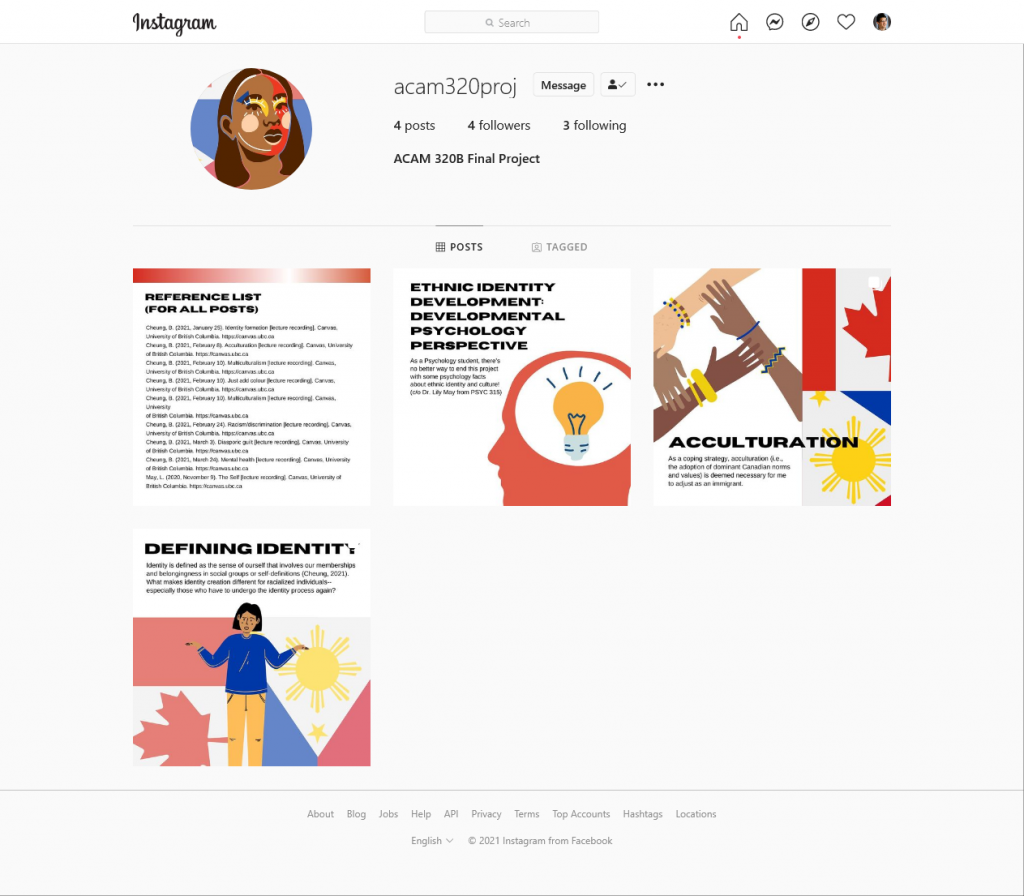“…oh you are Persian, so you should get good grades…”
Host:
Sahar Sajjadi سحر سجادي (she/her)
Guest:
Kawa Ada (Afghan heritage; Actor, Writer, Producer; he/him)
The migration experience can often be a very difficult one, and this difficulty can be compounded when one simultaneously experiences multiple axes of oppression: what happens when someone is at the intersection of being a war refugee, from West Asia, and being part of the LGBTQ+ community? Between external and internal racism, homophobia, war trauma, and acculturative stress, there is so much that someone in that position would have to deal with. From the midst of this intersection emerged an individual with endless understanding and insight. Join Sahar and her guest, Kawa, as they explore various cultural issues that West Asian diaspora face in Canada. There is perhaps no better way to set up this entry’s question with Sahar’s own: What does it mean to be a human, and what does it mean to live your truth?

